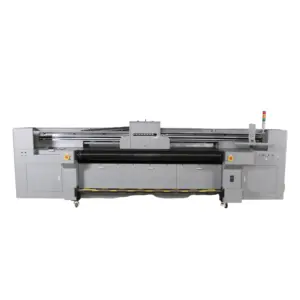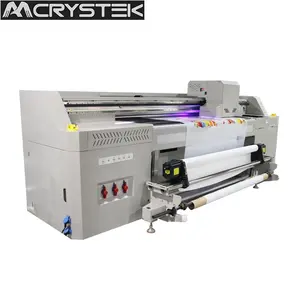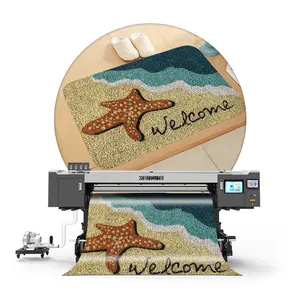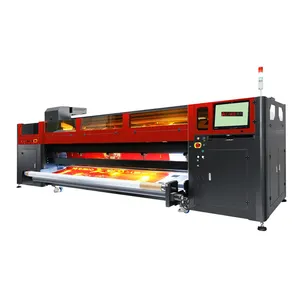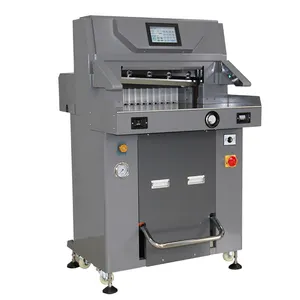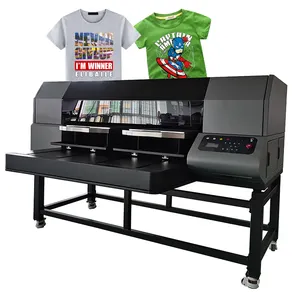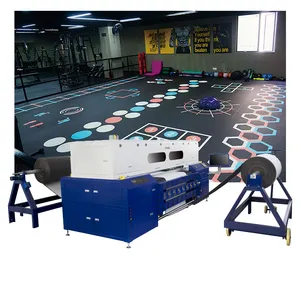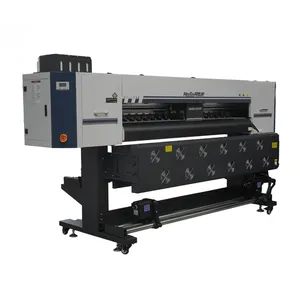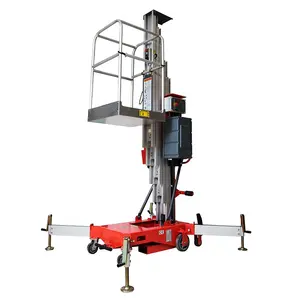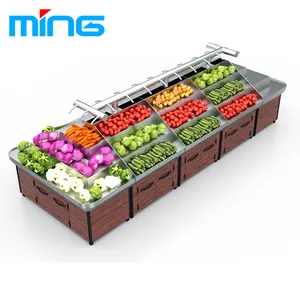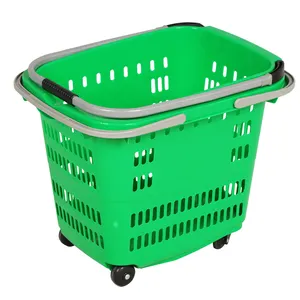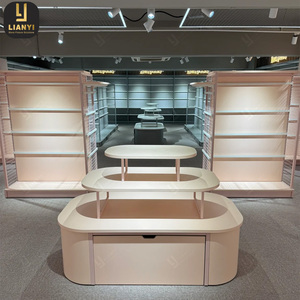Hybrid Retail Examples

















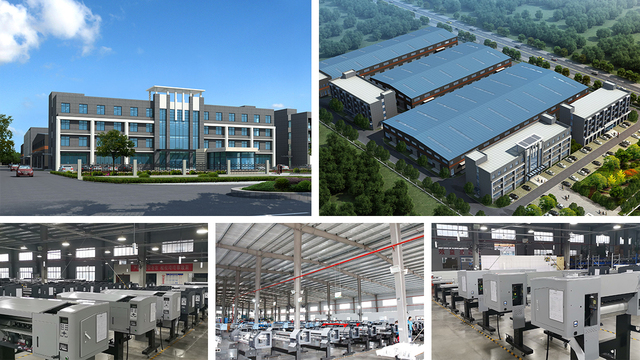


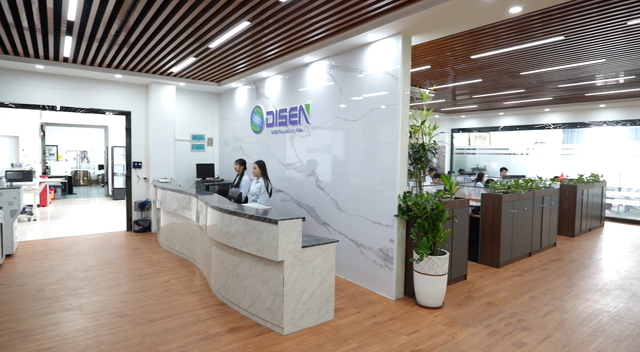













 CN
CN

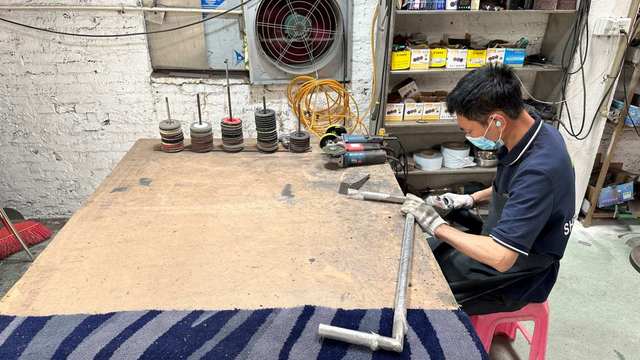








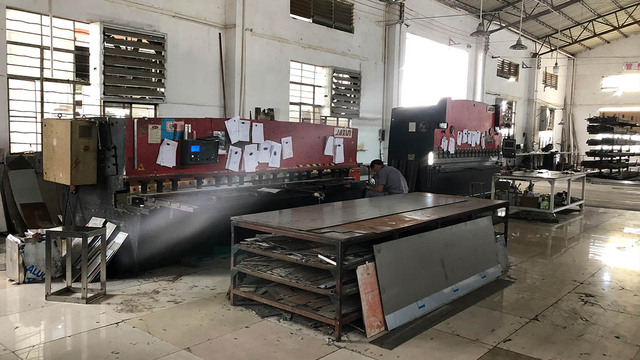



About hybrid retail examples
Where to Find Hybrid Retail Technology Suppliers?
China leads in the manufacturing of hybrid retail technology solutions, with key production hubs concentrated in Guangdong, Shanghai, and Henan provinces. Guangdong—home to Shenzhen and Guangzhou—hosts advanced digital printing ecosystems specializing in UV, eco-solvent, and DTF (Direct-to-Film) hybrid systems tailored for retail signage, packaging, and promotional materials. Shanghai leverages its strong industrial automation base to produce high-precision large-format printers integrated with smart retail workflows. Henan’s Zhengzhou cluster focuses on cost-efficient production of mid-range hybrid printers, supported by regional logistics advantages that reduce export lead times by 10–15%.
These regions offer vertically integrated supply chains, combining printhead sourcing, mechanical engineering, and software integration under one roof. This enables suppliers to deliver customized hybrid printing systems within 30–45 days for standard configurations. Buyers benefit from localized access to raw materials (e.g., aluminum frames, LED curing units, conveyor systems), reducing component costs by 20–30% compared to non-specialized markets. The proximity of technical service providers and certification labs further accelerates product validation and compliance testing.
How to Choose Hybrid Retail Equipment Suppliers?
Effective supplier selection requires structured evaluation across technical, operational, and transactional dimensions:
Technical Capabilities
Verify compatibility with hybrid retail applications such as roll-to-roll banner printing, flatbed rigid substrate processing, and textile customization. Key specifications include print width (1.8m–3.2m common), ink type (UV, eco-solvent, water-based), and support for variable data printing. Confirm integration readiness with POS or e-commerce platforms where applicable. Suppliers should provide test reports validating print durability, color accuracy (ΔE ≤3), and material adhesion across substrates like PVC, fabric, glass, and acrylic.
Production & Customization Capacity
Assess infrastructure through verifiable metrics:
- Minimum facility size of 3,000m² indicating scalable operations
- In-house R&D teams focused on firmware and user interface optimization
- Customization capabilities including logo embedding, voltage adaptation (110V/220V), control panel localization, and optional add-ons (air compressors, laminators, cutters)
- Support for OEM/ODM orders with minimum order quantities (MOQs) typically starting at 1 unit for sample validation
Cross-reference declared production capacity with online revenue indicators and reorder rates to assess market acceptance and reliability.
Quality Assurance & Transaction Security
Prioritize suppliers with documented quality management systems. While formal ISO 9001 certification is not universally present, consistent on-time delivery rates ≥97% and response times ≤3 hours indicate operational discipline. Leverage secure payment mechanisms such as escrow services to mitigate risk. Request physical or digital samples before full procurement, particularly to evaluate print output quality, mechanical stability, and software usability.
What Are the Best Hybrid Retail Equipment Suppliers?
| Company Name | Location | Main Products | Online Revenue | On-Time Delivery | Avg. Response | Reorder Rate | Price Range (USD) | Min. Order |
|---|---|---|---|---|---|---|---|---|
| Shanghai Signstar Digital Technology Co. Ltd. | Shanghai, CN | Inkjet Printers, Heat Transfer Machines | US $20,000+ | 100% | ≤13h | - | $7,500–$13,500 | 1 piece |
| Guangzhou Lindo Technology Co., Ltd. | Guangdong, CN | UV, Eco-Solvent, DTF Printers | US $210,000+ | 100% | ≤2h | 23% | $500–$3,900 | 1–10 pieces |
| Shenzhen Yifang Tianyu Trade Co., Ltd. | Guangdong, CN | UV Hybrid, Latex, Flatbed Printers | US $230,000+ | 100% | ≤3h | 26% | $12,300–$32,000 | 1 set/box |
| Guangzhou Crystek Electronic Equipment Co., Ltd. | Guangdong, CN | Digital, Inkjet, DTF Printers | US $140,000+ | 100% | ≤2h | 23% | $11,110–$13,500 | 1 set |
| Zhengzhou Yucai Electronics Technology Co., Ltd. | Henan, CN | Hybrid UV, DTF, Wide-Format Printers | US $690,000+ | 100% | ≤2h | 32% | $9,900–$12,900 | 1 piece |
Performance Analysis
Guangdong-based suppliers dominate in responsiveness and technical versatility, with three companies achieving sub-3-hour average response times and offering multi-ink-platform solutions. Zhengzhou Yucai stands out with the highest online revenue (US $690,000+) and a 32% reorder rate, reflecting strong customer retention despite being located outside the primary tech corridor. Shenzhen Yifang Tianyu offers premium equipment with higher price points ($30K+ models), suggesting specialization in industrial-grade hybrid systems. Shanghai Signstar, while reliable (100% on-time delivery), has limited reorder data and slower response cycles, indicating potential gaps in post-sale engagement. Buyers seeking scalable, responsive partners should prioritize suppliers with proven customization experience and transparent communication channels.
FAQs
How to verify hybrid retail equipment supplier reliability?
Validate performance claims through verifiable transaction history, customer reviews focusing on after-sales support, and consistency in delivery timelines. Request documentation of component sourcing (e.g., Ricoh Gen5/Gen6 printheads) and firmware updates. Video audits of production lines can confirm in-house assembly and quality control procedures.
What is the typical lead time for hybrid printer orders?
Standard units ship within 15–30 days after order confirmation. Custom configurations involving specialized rollers, dual-head setups, or software modifications may require 45–60 days. Air freight adds 5–10 days globally; sea freight takes 25–40 days depending on destination port congestion.
Can suppliers accommodate low-volume or sample orders?
Yes, most suppliers accept single-unit MOQs for sampling. Sample pricing typically reflects full production cost, though some may credit this amount toward future bulk purchases. Units are usually shipped FOB with buyer responsible for import duties and local compliance.
Do hybrid retail printers support smart retail integrations?
Advanced models offer API-level connectivity for integration with inventory management or CRM systems. Confirm software compatibility (Windows/Linux/macOS) and file format support (PDF, AI, EPS, SVG). Some suppliers provide SDKs for custom development upon request.
What certifications should hybrid printing equipment meet?
Essential certifications include CE (EU safety), FCC (EMI compliance for North America), and RoHS (hazardous substance restriction). For eco-solvent systems, VOC emission reports may be required. UV printers should comply with IEC 60204-1 for electrical safety and include protective enclosures for LED curing modules.











